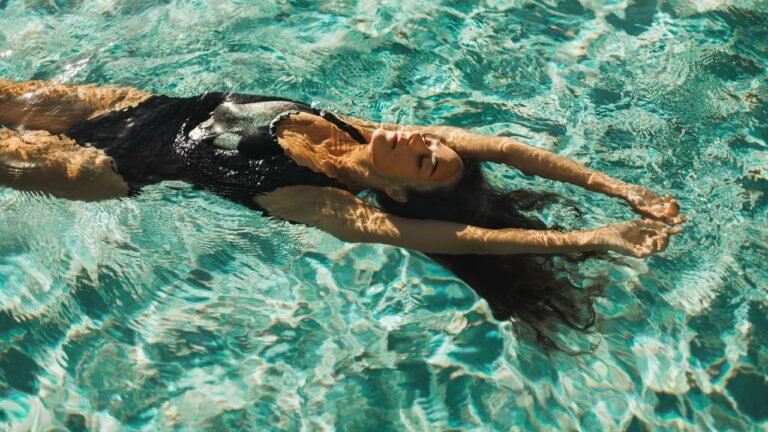When I was a teenager, my mother took preparing for vacations extremely seriously. As well as teaching me and my younger sister to exfoliate thoroughly in order to get the best tan (it was the early 2000s), and taking us to get our legs waxed (again, 2000s), we would also make a visit to the doctor to get a prescription of Northisterone, a period-delaying medication that would ensure we wouldn’t get our periods while abroad. I didn’t use tampons until my twenties for this very reason—I’d simply never had a reason to.
For my mom, periods were an annoyance that could be planned for when it came to traveling. It’s a shame I didn’t take more notice, as when I went to New Zealand in my late twenties, I completely forgot to pack my contraceptive pill. This led to me not only getting my period while there, but also having to abruptly come off it completely, which resulted in months of irregular periods and hormonal confusion. The thing that really irked me the most? I was traveling with four male friends, none of whom obviously had to think about such things.
From avoiding white summer dresses and constantly having to plan ahead and remember to pack enough products, to just being grumpy, depressed or in pain, there’s no denying that periods can be a massive bummer when you’re on vacation. And even if you’re someone who is typically pain-free and not as bothered by the side effects of having a period, there’s always the chance that simply the act of traveling can have a knock-on effect on your menstrual cycle. “Crossing time zones, getting less sleep, eating differently, or dealing with travel stress can all impact your reproductive hormones,” explains Cornelia Hainer, head of science at period-tracking app Clue.
“That’s because your circadian rhythm, the internal clock that regulates sleep, hormone release, body temperature, and digestion, is sensitive to light and routine. Jet lag exposes you to light at unusual times, which can ripple into cycle changes. This might mean the timing of ovulation changes and your period comes a little earlier or later, or that flow and symptoms feel different. These changes are usually temporary, and things typically settle back into your baseline within a cycle or two.”
While these changes can be disorienting and confusing, there are ways we can try to plan our trips to make sure we make the most of our trips. Here, hormonal experts weigh in on how to game your cycle to get the best out of your vacation while traveling on your period.
How to plan your vacation around your menstrual cycle
Period tracking apps like Clue are a convenient way to track and understand your cycle.
Courtesy Clue
Track your cycle
One of the easiest ways to take control of your menstrual health and plan for a vacation is to understand your cycle. If you’re aware of how you feel at different stages, it’s all the easier to plan around it. “Your cycle can shape your travel experience in noticeable ways,” shares Hainer. “Depending on the phase you’re in, you might feel more energetic, sensitive, social, or introspective. Your mood, energy, sleep, and physical comfort can all be influenced by shifting hormone levels across your cycle. Some people may find they feel their best right after their period or around ovulation, while others might find the days before their period more emotionally or physically challenging. If you’re tracking your cycle on an app like Clue, you can plan around these patterns to make travel more comfortable and enjoyable.”
Avoid the luteal phase if you suffer from PMS
It goes without saying that if you suffer from particularly heavy or painful periods, it might be best to avoid traveling during that time if you can—but your luteal phase can also be tricky. “During your period, cramps, bloating, and the logistics of managing period products around travel days or swimming and beach days are more challenging,” says Hazel Wallace, author of Not Just A Period. “But after ovulation, we enter the luteal phase, and this is when PMS symptoms like fatigue, irritability, and digestive changes (especially constipation) may impact your holidays in less positive ways too.” It might be best to coordinate travel with the follicular phase, when energy levels are up and mood is more stable.
